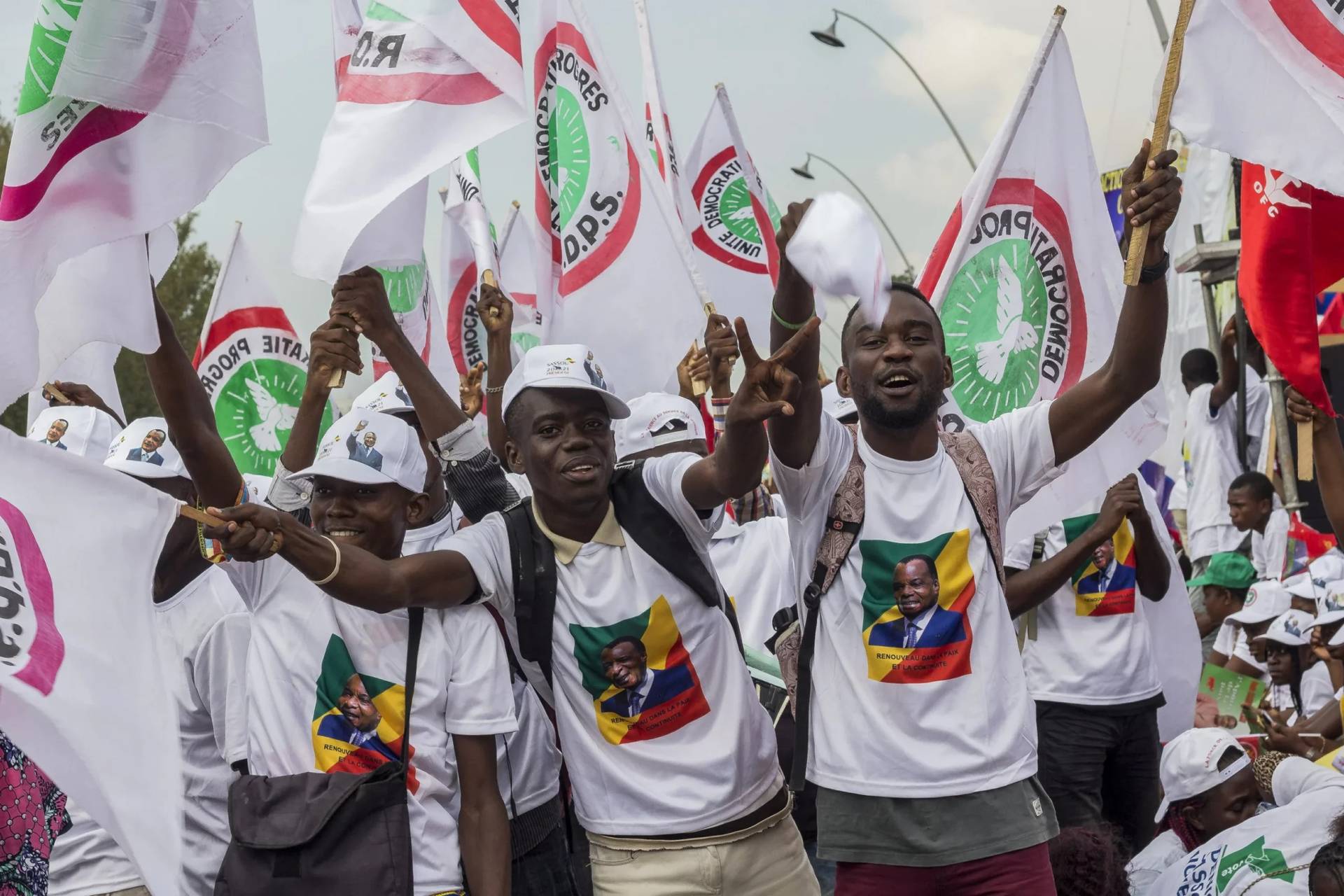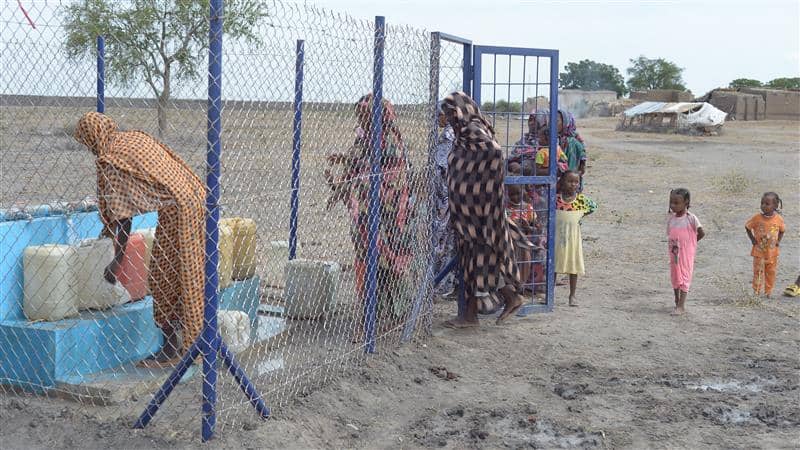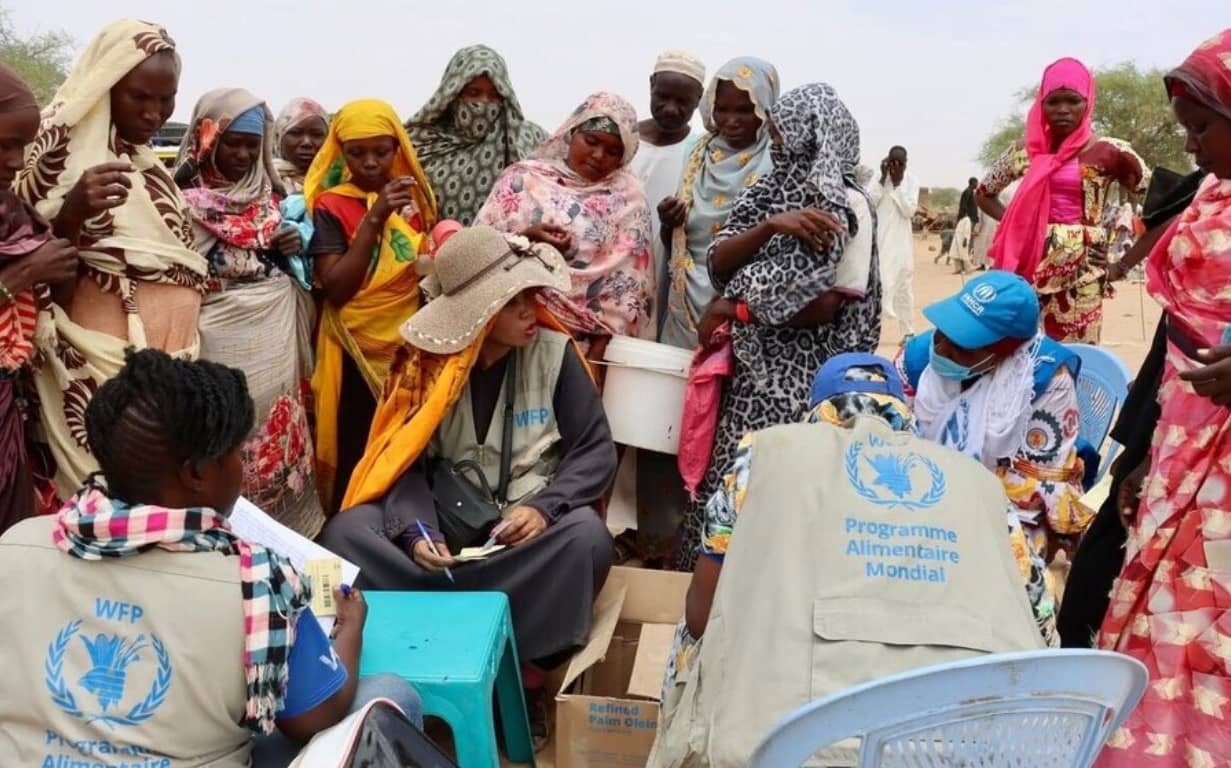YAOUNDÉ, Cameroon – Ghana’s rapid urbanization means Catholic Relief Services (CRS) is shifting resources to hygiene and sanitation, as the number of people without access to toilets increases to over 5 million.
Ghana is one of Africa’s most stable democracies and fastest growing economies, but sanitation has remained a major challenge.
The World Health Organization (WHO) and United Nations Children’s Fund (UNICEF) Joint Monitoring Platform (JMP) ranks Ghana as the seventh worst in the world for access to toilets, at just 14 percent.
“The economic impact and health costs of poor urban sanitation are significant,” said Kris Ozar, CRS Country Representative in Ghana.
“Almost half the country now lives in towns and cities, yet children continue to face life-threatening disease like cholera and typhoid. Families are seeing increased healthcare costs and lost productivity from sicknesses,” he told Crux.
Catholic Relief Services is the international development arm of the United States Conference of Catholic Bishops.
“CRS is partnering with the national and local government in Ghana, and together we’re addressing several major challenges related to urban sanitation,” Ozar said.
The WHO says poor sanitation is linked to the transmission of diseases such as cholera, diarrhea, dysentery, hepatitis A, typhoid and polio.
Recently, a media coalition was formed to advocate against the practice of open defecation, a common practice in Ghana.
“We cannot continue spending money branding Ghana while we undermine those efforts with insanitary practices,” said Linda Asante-Adjei, the vice president of the Ghana Journalists Association during an event to launch a media coalition against open defecation.
Sanitation and environmental experts have long raised concerns over the toilet habits of some Ghanaians, where even children will defecate into plastic bags and then throw them into bushes.
“Open defecation is a very serious threat to child well-being and to maternal health. In fact, 19 percent of Ghanaians defecate in the open on a daily basis. And this is very serious,” said Attah Arhin, the vice chair of a non-governmental water and sanitation coalition.
A 2014 JMP report noted that 9 out of 10 people who practice open defecation around the world live in rural areas, but the number in urban areas is gradually increasing.
“Those one billion people with no sanitation facility whatsoever continue to defecate in gutters, behind bushes or in open water bodies, with no dignity or privacy,” the report said.
“Those countries where open defecation is most widely practised have the highest numbers of deaths of children under the age of five, as well as high levels of undernutrition, high levels of poverty and large disparities between the rich and poor. There are also strong gender impacts: lack of safe, private toilets makes women and girls vulnerable to violence and is an impediment to girls’ education,” the report continues.
According to the World Bank, poor sanitation costs Ghana’s economy around $290 million each year, equivalent to 1.6 percent of its GDP.
CRS used to lay emphasis on rural food security, livelihoods and socio-economic development in Ghana, but Ozar said urban migration, an the sanitation challenges accompanying it, are becoming pressing issues, especially given that half the population is expected to be living in urban centers by 2020.
The charity is running a Water, Hygiene and Sanitation (WASH) Project in Ghana’s 3rd largest city, Tamale.
“Nearly 5 million people don’t have access to toilet facilities in Ghana, so an obvious solution is building toilet facilities – which we are doing. However, this isn’t the silver bullet. We work hand-in-hand with local communities to help ensure long-term sustainability and maintenance of these facilities, and promote better hygiene and sanitation in households,” Ozar told Crux.
The first year of the project to be launched later this year will see CRS and local government officials working together to rehabilitate seven public toilets and training at least 28 facility operators.
The second year of the project will focus on educational campaigns and supporting sanitation entrepreneurs in efforts to develop, supply, and market sanitation products.
“Constructive engagement with government and non-government actors—such as religious and traditional groups—will be key to establishing successful, long lasting interventions,” said Ahmed Abdul-Rahman, Tamale’s metropolitan coordinating director.
Crux is dedicated to smart, wired and independent reporting on the Vatican and worldwide Catholic Church. That kind of reporting doesn’t come cheap, and we need your support. You can help Crux by giving a small amount monthly, or with a onetime gift. Please remember, Crux is a for-profit organization, so contributions are not tax-deductible.














